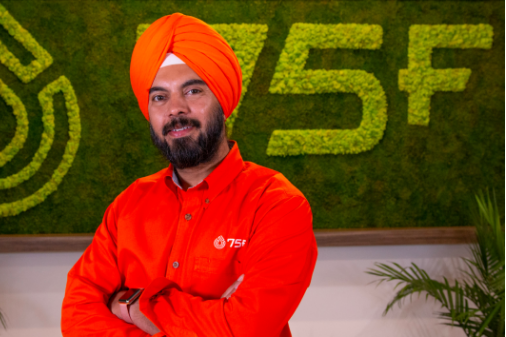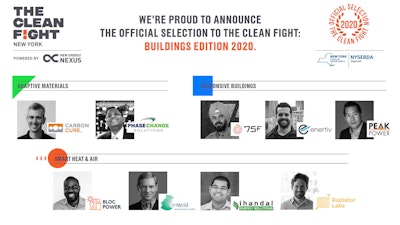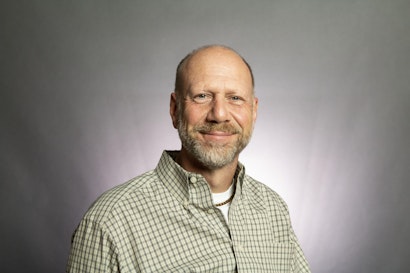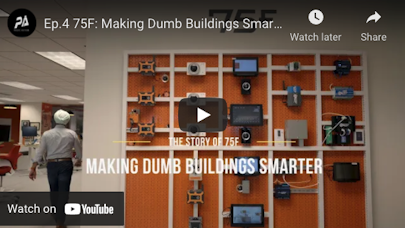
75F Earns Place on Top 100 List From AI arm of UNESCO
75F is honored to announce our placement on the Top 100 International List of Artificial Intelligence Solutions for Sustainable Development for the Benefit of Humanity. The list was carefully curated by the International Research Centre on Artificial Intelligence (IRCAI), the AI arm of the United Nations Educational, Scientific and Cultural Organization (UNESCO).
The list aims to highlight AI and ML-forward solutions from five geographic regions — Africa, Europe, the Americas, Asia Pacific, and the Middle East — that best support the United Nations Sustainable Development Goals (SDGs).
"The main aim of this effort was to scope and showcase solutions from around the world and contribute to SDGs by making the world's largest platform for sustainable solutionseven more effective and impactful," a press release from IRCAI says. "The solutions listed are applicable and can credibly solve a real development problem, with an emphasis on ethics."
IRCAI selected finalists based on the centrality of AI / ML to the solution, potential impact on the relevant SDGs, potential for implementation, and ethical design.
About IRCAI
IRCAI was founded by the Government of Slovenia as the UNESCO AI arm in 2020 and approved at the 40th session of the General Conference, where 193 UNESCO Member States supported the establishment of the Center. It was inspired by the international work in the field of AI by an ecosystem of high-level institutions and researchers involved in scientific, industrial and policy actions working directly with UNESCO and set up to showcase the use of AI for the benefit of humanity. The Centre is independent and acts as a clearinghouse for excellent research that will result in spin-offs. It explores ways to create an ambitious and realistic global AI research agenda to mobilize the world's AI community to address the United Nations Sustainable Development Goals (SDGs).
About UNESCO
UNESCO is the United Nations Educational, Scientific and Cultural Organization. It seeks to build peace through international cooperation in education, sciences and culture. UNESCO's programs contribute to the achievement of the Sustainable Development Goals defined in the 2030 Agenda, adopted by the UN General Assembly in 2015.










